It is undeniable that Afrobeats has evolved, is evolving, and will continue to evolve. The genre has developed to the point where it operates on a global scale and nearly everyone with a musically inclined personality has taken a piece of it. It is the next big thing, one that will persist, and an on-demand genre that is reaching its pinnacle.
For the genre to be dissected by American comedian Lil Duval and make the statement that “afrobeats will be the death of hip-hop,” though grossly misappropriated, bears a glimmer of truth beneath it—the comedian recognized the widespread fame of this genre and how at least three of the international big shot artists have hopped onto the train. This demonstrates, succinctly put, that the phrase “afrobeats to the world” is truly scouring the globe.
afrobeats might be the death of hip hop as we know it
— lil duval (@lilduval) February 20, 2023
Hip-hop continues to be a genre unto itself, improving and delving into fusions of other genres that aid in actualizing the beauty of the genre. In contrast to afrobeats, which is growing more popular than ever, hip-hop is a genre that has existed independently for decades. You’re right to draw the conclusion that afrobeats is equally popular in its own right as hip-hop, but you shouldn’t compare the two or use one as a benchmark for evaluating the other.
Even though these genres are distinct, they can be combined to create a monstrous clog of melodies. Artists like Falz, Olamide, and Blaqbonez, among others, are doing an amazing job at this; these artists have broadened their sound beyond the boundaries of Nigerian music and are touching ground with their constantly evolving sound. So certainly, Lil Duval’s assertion that hip-hop may die due to afrobeats is a fad since both genres can co-exist and reach the top thanks to the global music landscape being gifted with artists that can integrate both genres, excel in both entirely, and blend in any way.
It is with ease now that some of Nigeria and Africa’s finest afrobeats sound creators have graced the NBA All-star stage, where the likes of Mary J. Blige and other notable Western acts have previously performed, demonstrating the greatness of afrobeats’ evolution, which has touched cornerstones like never before. Grammy-winning artists Tems, Burna Boy, and Rema performed at the halftime show, which was actually focused on afrobeats. The performance was dubbed a first-ever-done-in-history event.
We saw Wizkid’s name in huge inks as one of those musicians who will be headlining Rolling Loud concert this year, due to hold in Germany, as the genre continues to grow with Nigerian talents hosting worldwide shows. What additional evidence is needed to demonstrate how ubiquitous afrobeats is around the world if one of the genre’s torchbearers headlines a performance with gen-z musical crooners such as Fireboy DML and Ayra Starr?
We’re also admiring how easily artists from other continents work with Nigerian artists; examples include Wizkid, Burna Boy, Tekno, and even Yemi Alade on Beyonce’s multi-Grammy-winning album Lion King. Chris Brown is another example of someone who keeps hopping on the afrobeats bandwagon even though earlier stars like Akon and Rick Ross have already done so. While in the past, artists would reach out to other countries in order to promote their music outside of Nigeria, it is now exciting to see people like Drake hop on Wizkid’s Come Closer and Tems grace Future’s track, Wait For You. Because afrobeats is such a well-defined genre, there is so much ease and comfort for an international collaboration now that the tides have turned, and the global music arena is interconnected.
According to a twitter user, afrobeats has this potential to fade away, just like every genre does. However, given the constant flow of creativity coming from African minds and the blood of exploration pumping through us, it appears that afrobeats will instead continue to grow and reveal its many diverse heads.
While their music may have afrobeats-inspired elements, artists like Ckay have steadfastly defended it as being much more than that. Their music shows a representation of their personality while also containing afrobeats-inspired elements. Ckay describes his music as “emo-afro,” for this reason.
The genre is an eternally ageless masterwork that has somehow secured seats at the highest levels of world honors like the Grammys, BET, and others. Tems has made history by becoming the first female from Nigeria to win a Grammy, joining Wizkid and Burna Boy in earning this accolade. Nigerian music producers, who are experts in creating afrobeats, are also not excluded.
Afrobeats will continue to be an ever-evolving genre; therefore afrobeats isn’t really the end of hip-hop after all. The sooner we redefine the whole exclusivity of afrobeats from hip-hop without missing the ability of artists to fusion these two genres, the better.


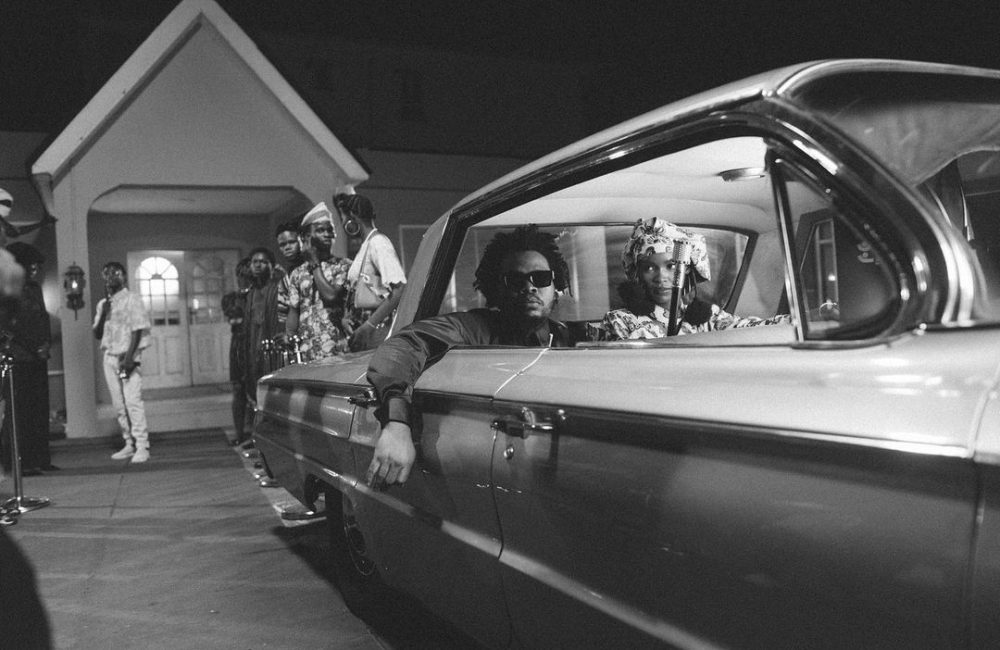
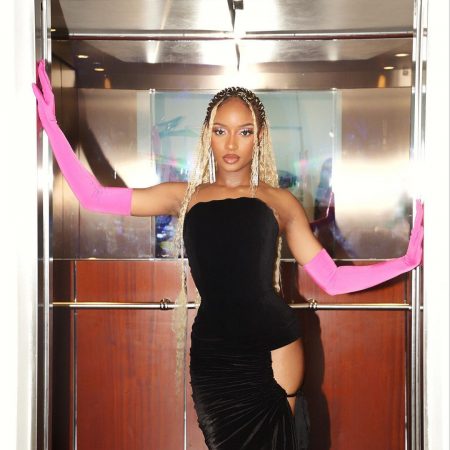




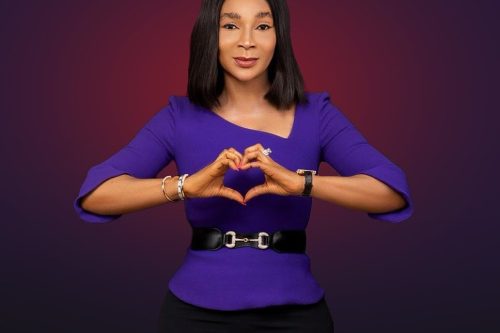
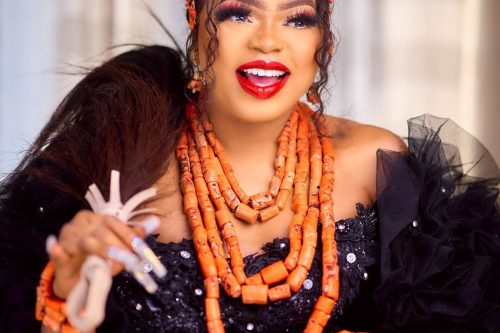

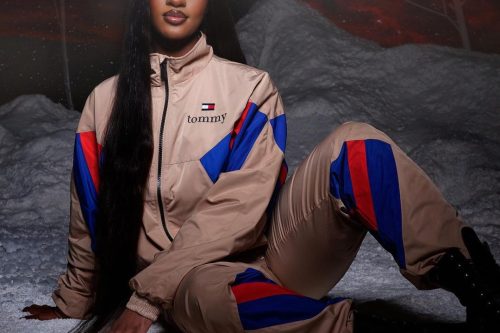
Leave a Reply